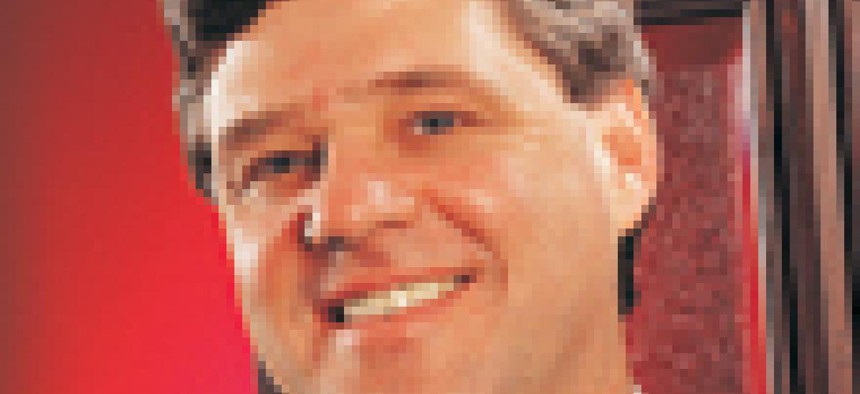Infotech and the law: Trouble lurks in proposed patent law changes

The Patent Act of 2005, introduced this summer, would align more closely U.S. practices with those of other nations and cut the cost of disputing a patent claim, while making it more difficult for patent holders to stop infringers or collect damages. If signed into law, it also would effect the most significant change in U.S. patent law in 50 years.The controversy surrounding the bill focuses on how it changes the creation and exploitation of important intellectual property rights. Industry, the Patent and Trademark Office and the Federal Trade Commission will be watching closely the House subcommittee mark-up hearing, anticipated shortly after members return from the summer recess.The bill contains a host of changes significant to patent practitioners; but for others, the most notable changes include eliminating the first-to-invent system for determining the priority rights of patent applicants. The law would replace it with a first-to-file system, limiting willful-infringement liability and making it harder for a patent holder to get injunctive relief against an infringer.Under law, an inventor who is second to file his application still may prove that he made his invention before an earlier filer and win priority rights. But under the proposed first-to-file system, the inventor who filed his application first almost always would win the contest, even if another applicant made the invention first.The change would align U.S. practice with international norms and significantly reduce legal costs arising from disputes over priority. This change may benefit inventors of lesser means that now are faced with litigating a patent interference claim against a larger, better-financed competitor or signing away rights in a settlement.If the first-to-file system is adopted, it will become even more important to file defensive applications, such as provisional patent applications, as early as possible.A second proposed change would make it more difficult for a patent owner to win enhanced damages on the grounds of willful infringement.The law authorizes damages from willful infringement for up to three times the patent owner's damages.Under the proposed law, courts would be required to distinguish between garden-variety willful infringers and one who is truly a bad actor. Only truly bad actors would be liable for enhanced damages.The most controversial change concerns the ability of a patent owner to enjoin an infringer from using a patent. The law lets federal courts enter injunctions to enforce the patent owner's rights.The new law would make it more difficult to get injunctions; it would require a court to deny an injunction if the infringer could show that the patent owner would not suffer irreparable harm as a result of any infringement.In other words, if the patent owner could be compensated adequately for the infringer's use of the patent, the injunction would have to be denied.This de facto mandatory licensing scheme, which would significantly curtail the patent owner's exclusive rights to use his patent, has been severely criticized.In particular, the limitation on injunctions would be detrimental to independent inventors, universities and other entities that generally seek to license or sell their inventions.It would let an infringer use the invention without negotiating a license and royalty, wait to be sued and then ask the court to set a reasonable license fee.Jonathan Cain is a member of the law firm Mintz Levin Cohn Ferris Glovsky & Popeo PC in Reston, Va. The opinions expressed in this article are his. He can be reached by e-mail at jcain@mintz.com.


Jonathan Cain
NEXT STORY: Trailblazer loses its way

